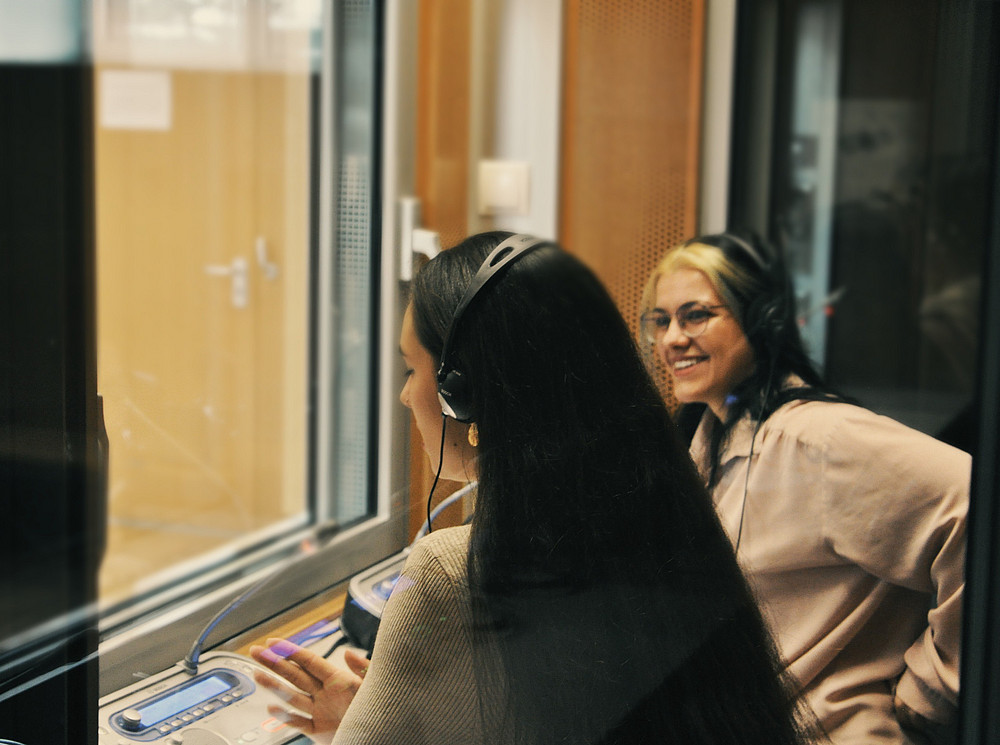
Forschungsprojekte
Unsere Forscher:innen waren und sind mit vielfältigen Forschungs- und Entwicklungsprojekten befasst. Sie konzipieren, entwickeln und leiten innovative nationale und internationale Projekte mit gesellschaftspolitischem Anspruch. Hier finden Sie unsere drittmittelgeförderten Projekte in chronologischer Ordnung.
Dissertationen
Die Förderung von Nachwuchswissenschaftler:innen der Translationswissenschaft ist uns ein besonderes Anliegen. Überlegen Sie, eine Dissertation zu verfassen? Dann informieren Sie sich hier über laufende und abgeschlossene Dissertationsprojekte, über die Graduiertenkonferenzen unserer Dissertant:innen, die jährlichen Doktoratsforen und den Lesekreis.


Habilitationen
Eine Habilitation ist die höchstrangige wissenschaftliche Qualifikation in Österreich. Mit ihr endet die Qualifizierungsphase für eine wissenschaftliche Laufbahn durch die Erteilung der Lehrbefugnis für ein Fach. Voraussetzung für die Erteilung ist der Nachweis einer hervorragenden wissenschaftlichen und didaktischen Qualifikation. Wenn Sie wissen möchten, wer sich an unserem Institut mit welchem Forschungsprojekt habilitiert hat, dann sind Sie hier richtig.
Publikationen des Instituts
Unsere Publikationstätigkeit umfasst neben Einzelpublikationen, Monografien, Sammelbänden sowie Buch- und Zeitschriftenbeiträgen auch die Herausgabe von Zeitschriften und die Mitwirkung in Boards von Fachzeitschriften und Buchreihen. Die Publikationen unserer Forscher:innen können Sie über das Forschungsportal abrufen.


Arbeitsgruppen
Um die Forschungstätigkeiten am Institut ebenso wie mit Kolleg:innen anderer Disziplinen zu vernetzen, um Forschung und Lehre zu verbinden und unsere Forschung auch außerhalb der Universität sichtbar zu machen, sind an unserem Institut verschiedene Arbeitsgruppen aktiv. Hier möchten wir sie Ihnen vorstellen:
Arbeitsgruppe Kommunaldolmetschen